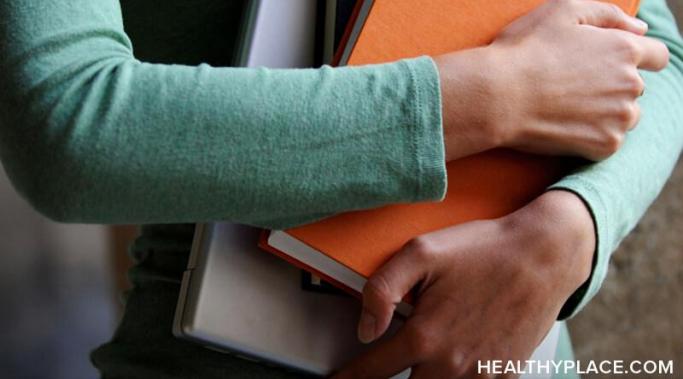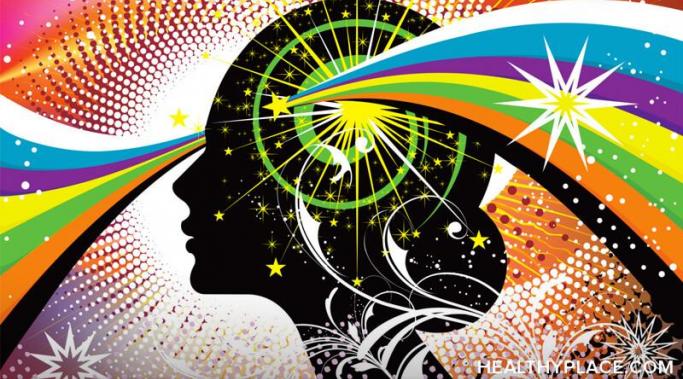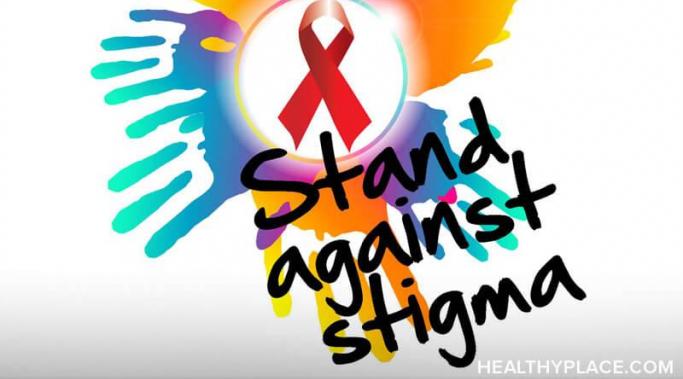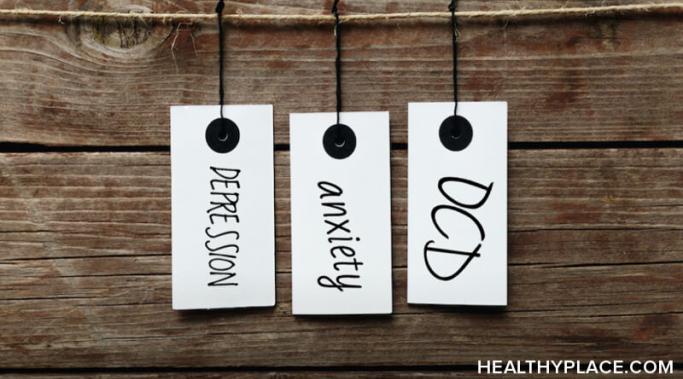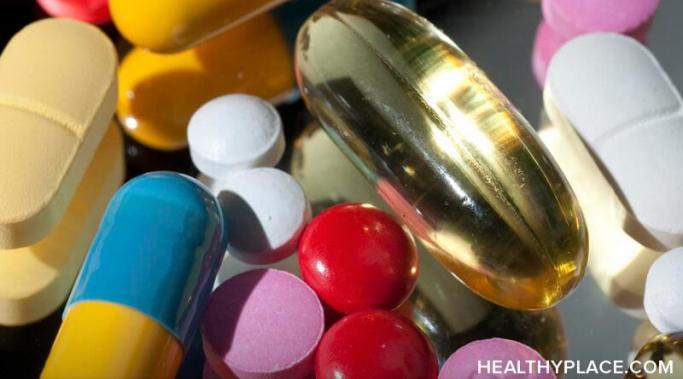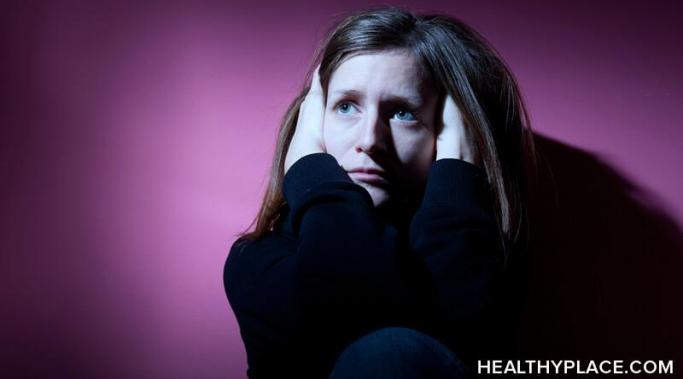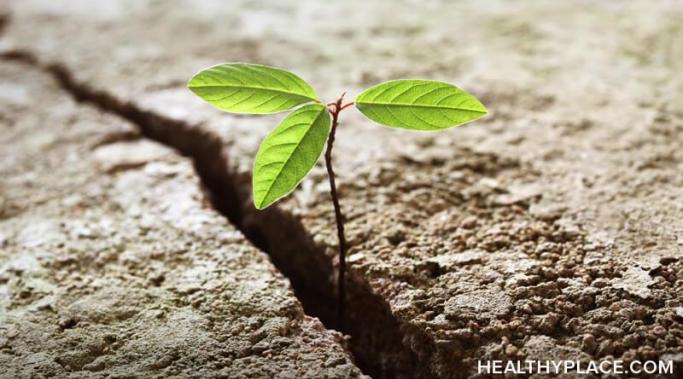Accepting my attention-deficit/hyperactivity disorder (ADHD) and bipolar disorder diagnoses was difficult for me. Preconceived notions of ADHD and bipolar disorder aren't always very positive. In my recovery journey, it was helpful for me to have a name that encompassed the emotions that had been causing my suffering. Accepting my bipolar disorder and ADHD diagnoses helped me in my recovery from my mental illness.
Stigma - Recovering from Mental Illness
Self-help books have been immensely helpful in my journey to recover from mental illness and generally improve my self-worth, but despite their usefulness, I'm often ashamed to admit how many self-help books I read. In my family, I'm known as the "self-help junkie" and teased as if that is a bad thing.
Impulsivity is a symptom of many mental illnesses, from borderline personality disorder (BPD) to attention-deficit/hyperactivity disorder (ADHD) and more. Unlike other symptoms, such as anxiety or apathy, impulsivity is still highly stigmatized and is often portrayed as being immature or careless rather than being a symptom of mental illness. Although impulsivity can definitely cause issues in your life, I would also argue that there are some hidden benefits of impulsivity.
Medical trauma is an underrepresented form of trauma that happens all too often to people with mental illness. For example, when I was 19, I sought treatment for what I then thought was bipolar disorder, and the reactions I got from doctors left a psychological wound that still affects me today.
For many people with mental illness, mental health medication and recovery go hand in hand. Unfortunately, psychiatric medication comes with a lot of stigma and stress. There are a lot of people who don't understand how psychiatric medication really works or why it's so important for many people in recovery, and their stigmatized view of medication can stick in our brains long after we've heard them say something.
Health anxiety used to be called hypochondria, and it's a highly stigmatized mental health condition. Instead of being taken seriously, health anxiety is often reduced to being "dramatic." I have dealt with health anxiety on and off for the last seven years, and I want to share my experience so others won't have to feel as alone as I have.
Psychiatric medication is a tricky topic in the world of mental health for a lot of reasons. These drugs have a dark history of being used for the convenience of doctors rather than the wellbeing of patients, the pharmaceutical industry makes a huge profit off of them, and they come with a lot of very negative mental health stigma.
Let's face it: there are a lot of aspects of mental illness that can be traumatic, and mental health misdiagnosis can also be traumatic. What happens when we don't even have the mental illness we think we have? I was diagnosed with bipolar disorder six years ago, found out that diagnosis was incorrect two years ago, and now a huge part of my recovery is dealing with the fallout and trauma of that misdiagnosis.
Recently, I've learned that behavior that is convenient for others is not always healthy behavior for me. I was taught at a young age that my natural reactions to things were "overdramatic" or "wrong" and so I started to hide my real reactions and feelings. I got very good at doing what I was "supposed" to do and being the way I felt I was "supposed" to be. Over time, I became much more concerned with making sure my behavior was convenient for others rather than healthy for me.
Is it possible to be grateful for mental illness? Some days, I hate having mental health issues and would do almost anything to make them go away forever. But other days, on my better recovery days, I'm almost grateful for my mental illness. It feels weird to be grateful for something that makes me so miserable so often, but at the same time, I think it's the natural result of living with a chronic condition. After all, the reality is that I can't make my mental illness go away, so I might as well find some silver linings.

